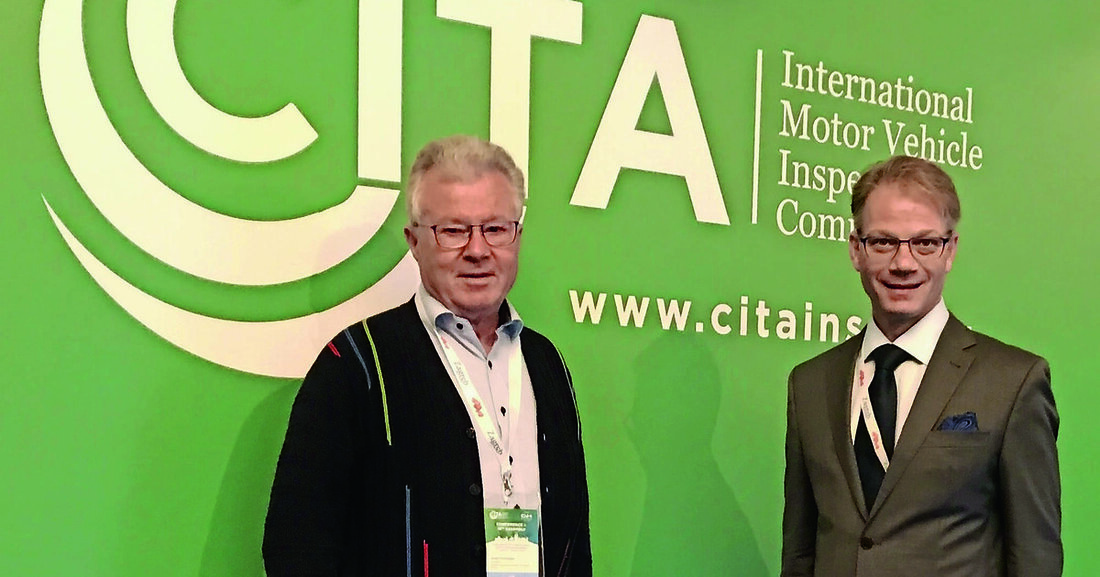The future of the pickerel
The World Association of International Vehicle Inspection (CITA) held its general meeting in Zagreb. Representatives from over 70 countries discussed the future of periodic vehicle inspections.

The future of the pickerel

The Austrian Federal Guild was also represented by BIM Josef Puntinger and Andreas Westermeyer. Also there was Walter Nissler, former Ministry of Infrastructure, now head of vehicle regulation at the UNECE in Geneva. A position paper on the topic of “anti-fraud”, i.e. how fraud can be avoided during periodic vehicle inspections, was unanimously approved. Essentially, it was agreed that from now on the focus should be more on prevention (good training beforehand) and advice than on punishment. Keyword: technical aids or structural and personal qualification measures. The measures taken in the event of offenses differ significantly across Europe:
“I can get a lot out of the 2-1-1 regulation in Croatia.”FEDERAL MIND CHAMPION JOSEF PUNTINGER
MORE ADVICE
While the testing center in Austria loses the authorization to carry out periodic vehicle inspections for about six months, in the Netherlands hardly any fines are imposed, but the withdrawal can last up to five years - and not for the testing center, but according to the polluter pays principle for the inspector himself. Here is the CITA recommendation: warn the testing body in advance, do not revoke the license immediately. The shortcoming in Austria, according to Andreas Westermeyer: “In the case of a courtesy report, the examiner is not held responsible; instead, the inspection body loses the license.” "In most countries there is a clear distinction between accredited workshop and accredited inspector. In Austria we still have considerable potential in this regard," said the Federal Guild Master. The 57a test in Austria is carried out in authorized vehicle workshops, so to speak privately. The place that checks is the same place that repairs. At the European level, the Austrian approach is recognized, the system is valued, especially the catalog of deficiencies. In Austria, the inspection is a legally required process in accordance with Section 57a of the Motor Vehicle Act. While the assessment was previously required annually, the so-called 3-2-1 rule has been in force for new vehicles since 2002. Accordingly, the first assessment is due three years after initial approval, then after two years and then every year. BIM Josef Puntinger can learn a lot from the practice in Croatia – regulation 2-1-1. “More and more EU countries are allowing private workshops to inspect vehicles, such as Sweden since 2010,” emphasizes Puntinger. “So our system can’t be that flat.” Andreas Westermeyer adds: “There are many good examples in Europe from which we can learn how to not only implement our tried and tested and good review better, but also more efficiently, more transparently and in a more process-optimized manner.”
ROAD SAFETY & ENVIRONMENT
CITA defined “Vision Zero” as a sustainable goal: reducing the number of traffic deaths to zero. For assistance systems, it is not only the approval that is important, but also their periodic review. What is important for this is minimum access to the data in the vehicle, e.g. via OBD (on-board diagnosis).

 Suche
Suche
 Mein Konto
Mein Konto